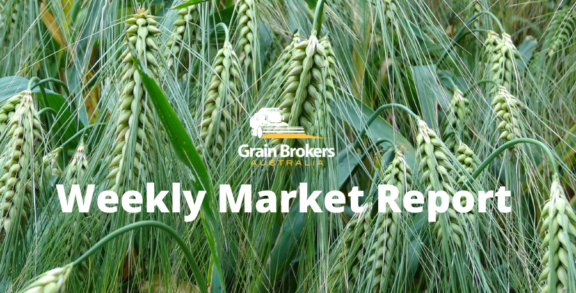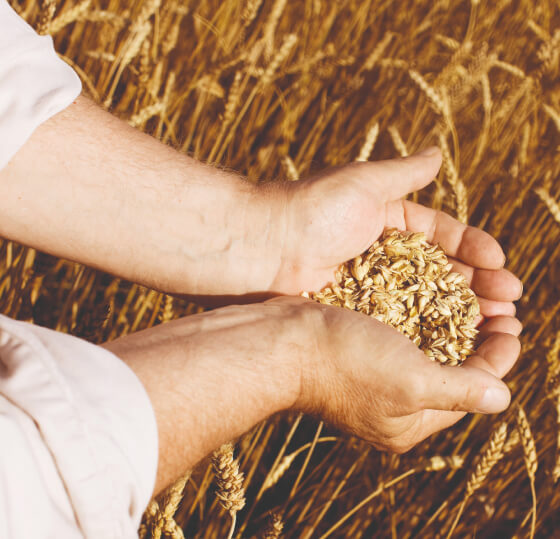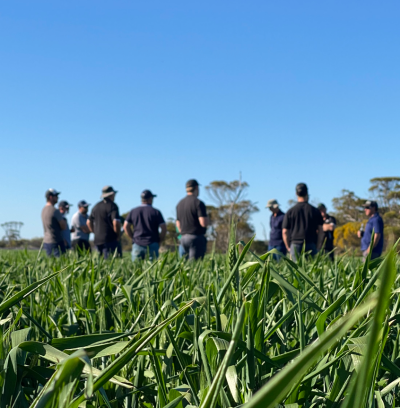
While the details are sketchy, intense lobbying from Turkiye’s milling industry appears to have won out, with the government reported to have officially removed all wheat trade restrictions, allowing the resumption of quota-free imports from the global suppliers.
The decision to remove the import limitations as of March 19 marks a significant pivot from the government constraints imposed last summer, which were aimed at shielding Turkiye’s farmers from market price instability and competition from cheaper imports following a record harvest.
Originally introduced on June 7 last year as a total ban on the import of wheat, it was watered down in October to allow flour millers to fulfil 75 per cent of their purchases through the state-owned Turkish Grains Board (TMO), before accessing the remaining 25 per cent from global suppliers.
According to the Turkish Flour Millers Association, “bread wheat sales carried out by the TMO in the scope of manufactured goods export have been terminated”. This means that 100 per cent of wheat requisites to be milled and re-exported as a processed product can be imported via the state’s Inward Processing Regime (IPR).
The decision to roll back import restrictions comes at a crucial time for Turkey’s agricultural economy. This year’s wheat crop has been badly affected by drought throughout the growing season, and production from the harvest, which commences in June, is expected to be significantly lower than last year. By allowing duty-free wheat imports, the government aims to stabilise domestic flour supply while enhancing export opportunities.
As a result of the wheat import suspension and the subsequent quota system, flour millers in Turkiye have lost significant export market share, with processors in Kazakhstan, Egypt and Ukraine reported to be major beneficiaries. From the beginning of July last year to the end of January this year, Turkiye’s flour exports reportedly fell by 41.2 per cent to 1.44 million metric tonne (2.0MMT wheat equivalent) after 2.45MMT (3.5MMT wheat equivalent) was shipped in the previous corresponding period. Recent export volumes have been running at around half the levels reported at the same time last year.
The leading flour export destinations in the last half of 2024 were Iraq with 455,000 metric tonne, Syria with 149,000 metric tonne and Somalia with 64,000 metric tonne. The pace of exports is expected to pick up in the coming months with the renewal of the IPR for wheat and prospects for new export opportunities in Syria following the recent regime change in that country.
Export volumes of pasta have not been affected by the wheat import constraints, with exports of 664,000 metric tonne very similar to the previous corresponding period. The most significant markets in the six months to the end of December were Somalia, Ghana and Togo, with 114,000, 64,000 and 50,000 metric tonne, respectively.
In late February, Turkiye’s Deputy Trade Minister Mahmut Gurcan announced that Iraq topped the list of wheat flour importers from Turkiye in the 2024 calendar year, reinforcing its status as Turkey’s primary market for grain-based exports. According to Gurcan, Turkey’s total wheat flour exports in 2024 amounted to US$1.16 billion, with Iraq leading the purchases, followed by Syria, Somalia, Djibouti, and Venezuela.
The Deputy Trade Minister also highlighted Turkiye’s dominant position in global wheat flour exports, stating that in 2023, Turkey accounted for 21.2 per cent of the world’s total wheat flour trade, valued at US$6.96 billion, with Turkiye’s share standing at US$1.47 billion.
Turkey has long been one of the world’s leading exporters of wheat flour, thanks to its strategic geographical location, advanced milling industry, and strong agricultural output. The country’s exports play a vital role in safeguarding food security for neighbouring nations, particularly Iraq, which has increasingly relied on imports due to domestic production challenges, including climate change, water shortages, and geopolitical instability.
Iraq’s dependence on Turkish wheat flour underscores the broader economic and trade ties between the two countries. Given Iraq’s growing population and ongoing infrastructure development, its demand for staple food imports such as flour is expected to remain high.
Increasing wheat flour exports to Syria, with which Turkiye shares an extensive land border, is a big focus for the sector as it looks to rebuild market share. Exports to Syria rose from 267,000 metric tonne in 2023 to 326,000 metric tonne in 2024, and a recent statement from the International Association of Operative Millers claimed a target of more than 400,000 metric tonne this year. Exports in January reached 32,000 metric tonne, an increase of 41 per cent compared to January last year.
While Turkey mainly sources its wheat from Russia and other countries in the Black Sea region, any renewed buying interest could leave room for Western European wheat exporters to capture sales in other importing countries. Wheat exports out of the European Union this season are running at less than 70 per cent of last season’s level, and merchants have been concerned about the weak demand outlook.
With the higher import potential, traders in Turkiye reportedly expect the immediate demand to focus on wheat in the 14-15 per cent protein range, despite Russian 12.5 per cent protein typically being the preferred origin and quality. With sufficient stocks of locally produced and imported wheat of similar quality to Russian 12.5 to meet nearby domestic and export demand, importing higher protein stocks should allow the blending up of some lower-quality domestic inventories for processing.
With the annual capacity to produce around 30MMT of flour per annum and production before the wheat import restrictions were imposed running at around 15MMT, the majority of Turkiye’s flour milling facilities are seriously underutilised. Accordingly, reconnecting with significant global flour demand will likely be the key driver of Turkiye’s demand for imported wheat in 2025, assuming rainfall relief from the current drought situation is forthcoming.
Call your local Grain Brokers Australia representative on 1300 946 544 to discuss your grain marketing needs.
Written by Peter McMeekin





